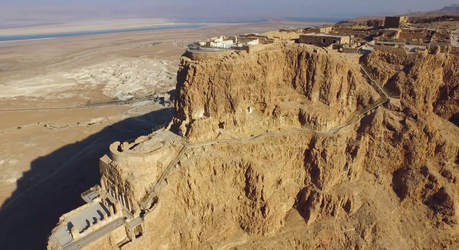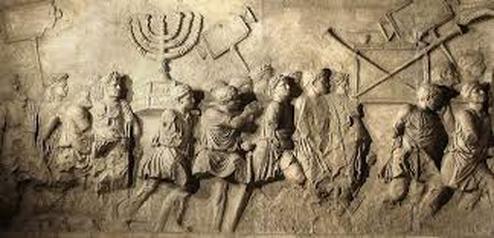
Archaeology – ארכיאולוגיה
The Land of Israel has been a playground for archeologists seeking to uncover ancient ruins and artifacts since the mid-nineteenth century.
Israel’s archaeological digs mostly center on the excavation of sites mentioned in the Bible. Since the beginning of the twentieth century, remains of ancient settlements have also been excavated.
One of the most important discoveries has been that of the Dead Sea Scrolls, between 1947–1956, in caves in Qumran, near Jericho, which revealed some of the earliest copies of the books of the Bible.
Archeological digs have uncovered remains from the biblical cities of Hatzor, Megiddo, Be’er Sheva, Tiberias, Masada, and Herodian.
Archeological research in Israel has been used as an important tool to build up the modern state and has helped establish historical links between the Jewish people, the Bible and land of Israel.
Archeology in Israel involves the systematic investigation of all remains from the country’s past, from the prehistoric era to the end of Ottoman rule in Palestine.
Since Israel was historically situated at the crossroads between Africa and the East, and served as a land bridge between the prosperous cultures of the Fertile Crescent (now Iraq) and Egypt, archeological artifacts from some of history’s most important civilizations and developments have been found in the region.
In all, there are over 20,000 recognized antiquities sites in Israel, and the Israel Antiquities Authority is charged with ensuring the protection of these sites and in issuing licenses for the excavation.


